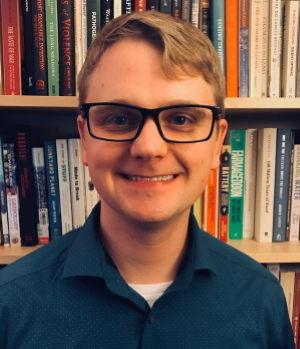
Weapons of mass pollution: health and environmental hazards in Canada’s munitions industry during the Second World War
Alex Souchen
PhD
Award: 2019 Post-Doctoral Fellowship
This project sits at the intersection of medical, environmental, and military history. It will teach us about the history of toxicity and risk prevention related to workplace safety, medical treatments, and decontamination methods in the 1940s.
During the Second World War, Canadian industries produced about 4.4 billion rounds of ammunition, 72 million artillery shells, and over 144,000 tons of Trinitrotoluene (TNT). Although this production was crucial to Allied victory, it was very dangerous work. Aside from accidents and fires, the potent mixtures of toxic chemicals contaminated landscapes and factories and infiltrated workers’ bodies.
Alex’s fellowship explored the role that medical professionals played for Canada’s munitions industry during the war.
It sought to answer these questions:
- What role did doctors and nurses play in mitigating the dangers and regulating the workplace?
- How was toxicity and pollution interpreted by workers and doctors in the 1940s?
It also investigated the lingering environmental hazards of Canada’s military-industrial complex and the effectiveness of postwar cleanup operations.
Alex completed his PhD in History at the University of Western Ontario in 2016. He is the author of War Junk: Munitions Disposal and Postwar Reconstruction in Canada which will be published by UBC Press in 2020.

